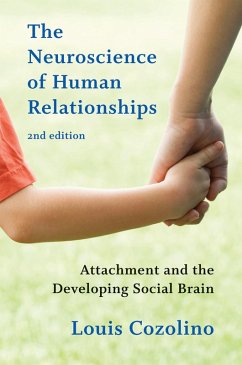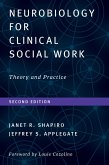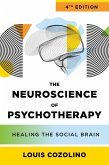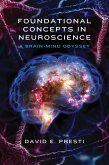A revised edition of the best-selling text on how relationships build our brains.
As human beings, we cherish our individuality yet we know that we live in constant relationship to others, and that other people play a significant part in regulating our emotional and social behavior. Although this interdependence is a reality of our existence, we are just beginning to understand that we have evolved as social creatures with interwoven brains and biologies. The human brain itself is a social organ and to truly understand being human, we must understand not only how we as whole people exist with others, but how our brains, themselves, exist in relationship to other brains.
The first edition of this book tackled these important questions of interpersonal neurobiologythat the brain is a social organ built through experienceusing poignant case examples from the author's years of clinical experience. Brain drawings and elegant explanations of social neuroscience wove together emerging findings from the research literature to bring neuroscience to the stories of our lives.
Since the publication of the first edition in 2006, the field of social neuroscience has grown at a mind-numbing pace. Technical advances now provide more windows into our inner neural universe and terms like attachment, empathy, compassion, and mindfulness have begun to appear in the scientific literature. Overall, there has been a deepening appreciation for the essential interdependence of brain and mind. More and more parents, teachers, and therapists are asking how brains develop, grow, connect, learn, and heal. The new edition of this book organizes this cutting-edge, abundant research and presents its compelling insights, reflecting a host of significant developments in social neuroscience.
Our understanding of mirror neurons and their significance to human relationships has continued to expand and deepen and is discussed here. Additionally, this edition reflects the gradual shift in focus from individual brain structures to functional neural systemsan important and necessary step forward. A great deal of neural overlap has been discovered in brain activation when we are thinking about others and ourselves. This raises many questions including how we come to know others and whether the notion of an individual self is anything more than an evolutionary strategy to support our interconnection.
In short, we are just beginning to see the larger implications of all neurological processeshow the architecture of the brain can help us to better understand individuals and our relationships. This book gives readers a deeper appreciation of how and why relationships have the power to reshape our brains throughout our life.
As human beings, we cherish our individuality yet we know that we live in constant relationship to others, and that other people play a significant part in regulating our emotional and social behavior. Although this interdependence is a reality of our existence, we are just beginning to understand that we have evolved as social creatures with interwoven brains and biologies. The human brain itself is a social organ and to truly understand being human, we must understand not only how we as whole people exist with others, but how our brains, themselves, exist in relationship to other brains.
The first edition of this book tackled these important questions of interpersonal neurobiologythat the brain is a social organ built through experienceusing poignant case examples from the author's years of clinical experience. Brain drawings and elegant explanations of social neuroscience wove together emerging findings from the research literature to bring neuroscience to the stories of our lives.
Since the publication of the first edition in 2006, the field of social neuroscience has grown at a mind-numbing pace. Technical advances now provide more windows into our inner neural universe and terms like attachment, empathy, compassion, and mindfulness have begun to appear in the scientific literature. Overall, there has been a deepening appreciation for the essential interdependence of brain and mind. More and more parents, teachers, and therapists are asking how brains develop, grow, connect, learn, and heal. The new edition of this book organizes this cutting-edge, abundant research and presents its compelling insights, reflecting a host of significant developments in social neuroscience.
Our understanding of mirror neurons and their significance to human relationships has continued to expand and deepen and is discussed here. Additionally, this edition reflects the gradual shift in focus from individual brain structures to functional neural systemsan important and necessary step forward. A great deal of neural overlap has been discovered in brain activation when we are thinking about others and ourselves. This raises many questions including how we come to know others and whether the notion of an individual self is anything more than an evolutionary strategy to support our interconnection.
In short, we are just beginning to see the larger implications of all neurological processeshow the architecture of the brain can help us to better understand individuals and our relationships. This book gives readers a deeper appreciation of how and why relationships have the power to reshape our brains throughout our life.
Dieser Download kann aus rechtlichen Gründen nur mit Rechnungsadresse in A, D ausgeliefert werden.









